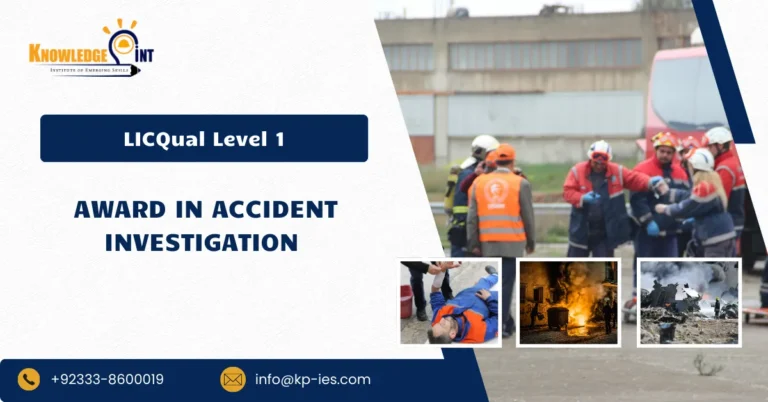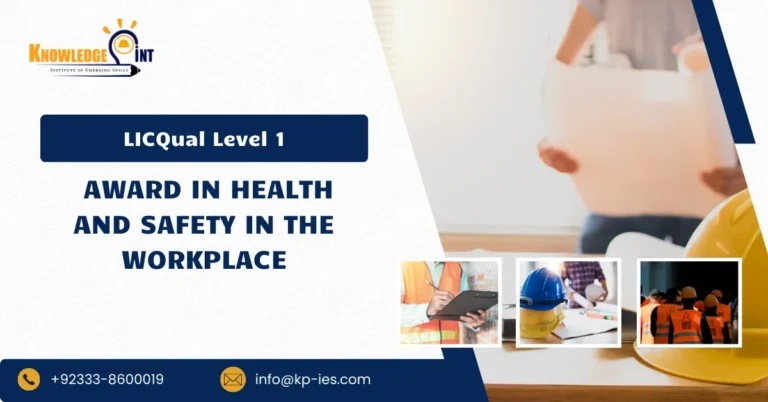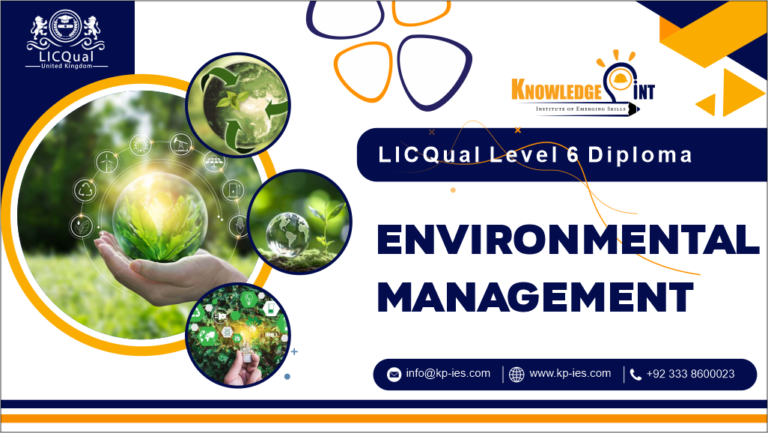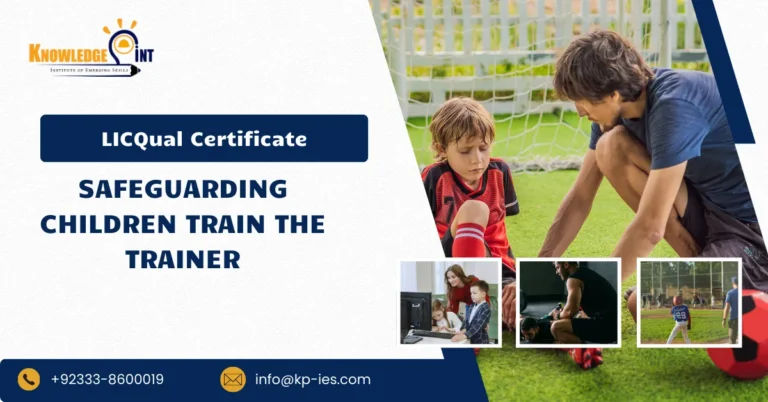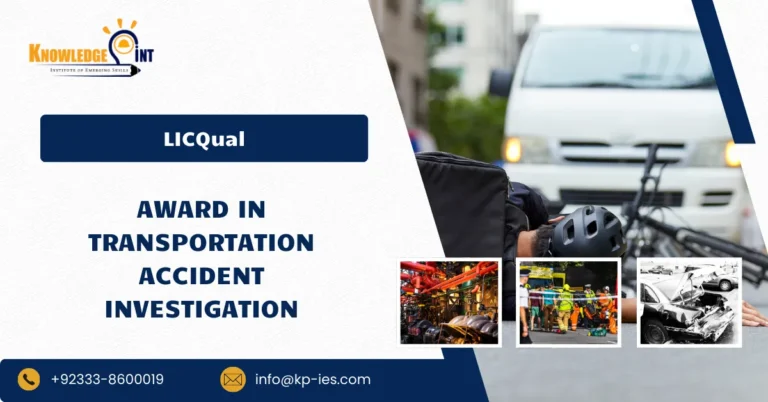LicQual Level 4 International Diploma
Disaster Management
Awarding Body
LICQual
Credits
60 Credits
Course
Disaster Management
study mode
Online Learning
Course overview
The LICQual Level 4 International Diploma in Disaster Management is an advanced professional qualification designed to provide learners with in-depth knowledge and practical skills to manage disasters effectively in organisational, community, and regional contexts. The course focuses on developing expertise in strategic disaster planning, risk reduction, emergency response coordination, and recovery management. Learners gain insight into disaster management frameworks, mitigation strategies, ethical considerations, and the roles of governmental, non-governmental, and international organisations in crisis management.
Throughout the programme, learners build advanced analytical and practical skills essential for senior disaster management roles. Key areas of study include hazard and vulnerability assessment, strategic emergency planning, resource allocation, crisis communication, and incident command systems. The course also covers disaster response coordination, evaluation of disaster impacts, continuity planning, and the development of comprehensive recovery strategies. These skills enable learners to plan and implement effective disaster management solutions, reduce risks to life and property, and support organisational resilience in complex scenarios.
This diploma is ideal for emergency management professionals, disaster response coordinators, community leaders, safety officers, and those seeking to advance their careers in disaster and crisis management. Graduates will be able to develop strategic disaster plans, lead emergency response initiatives, coordinate recovery efforts, and strengthen organisational and community resilience. The qualification also provides a pathway to higher-level professional development and leadership opportunities in humanitarian assistance and disaster management sectors.

Approved Training centre of LICQual Uk
Centre # : ATC24002

Entry Requirments
Entry Requirements for the LicQual Level 4 International Diploma in Disaster Management:
- Educational Qualifications:A recognised Level 3 qualification in disaster management, emergency response, or a related field.
- Professional Experience:Relevant experience in disaster management, emergency planning, or crisis response roles is recommended.
- English Language Proficiency:Since the program is delivered in English, learners must show competence in reading, writing, and communication.
Course structure
The LicQual Level 4 International Diploma in Disaster Management in Personal Protective Equipment qualification consists of 5 mandatory units.

